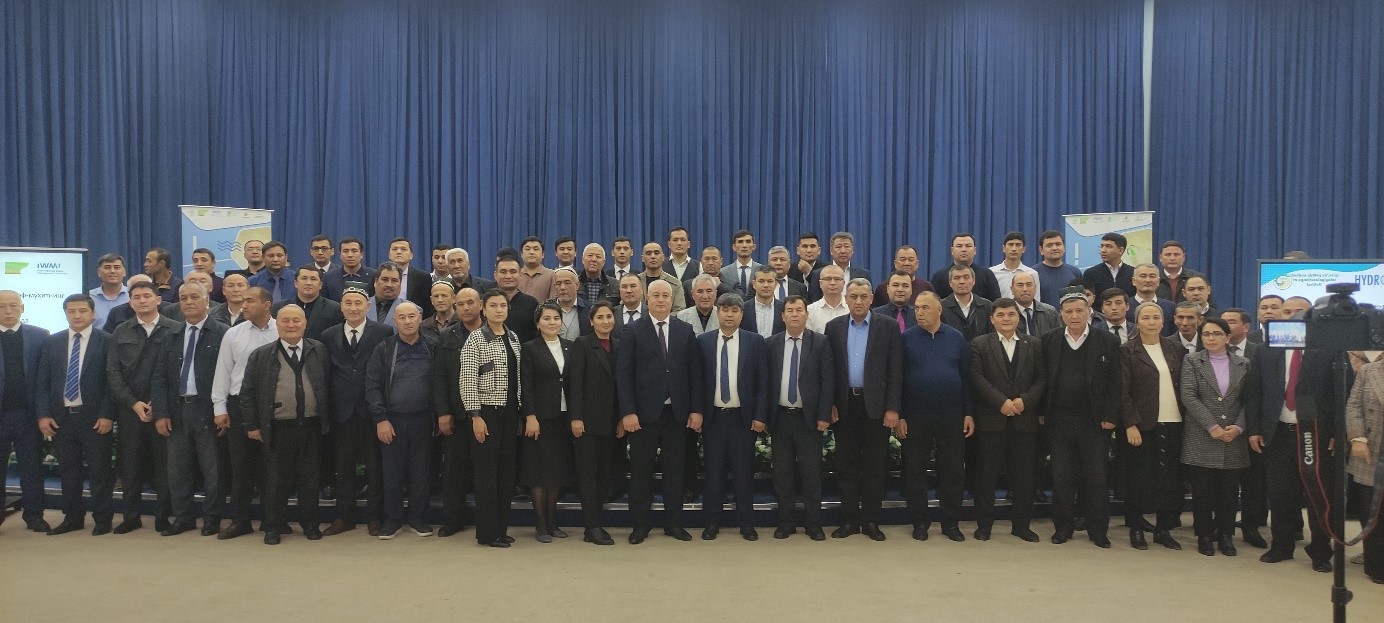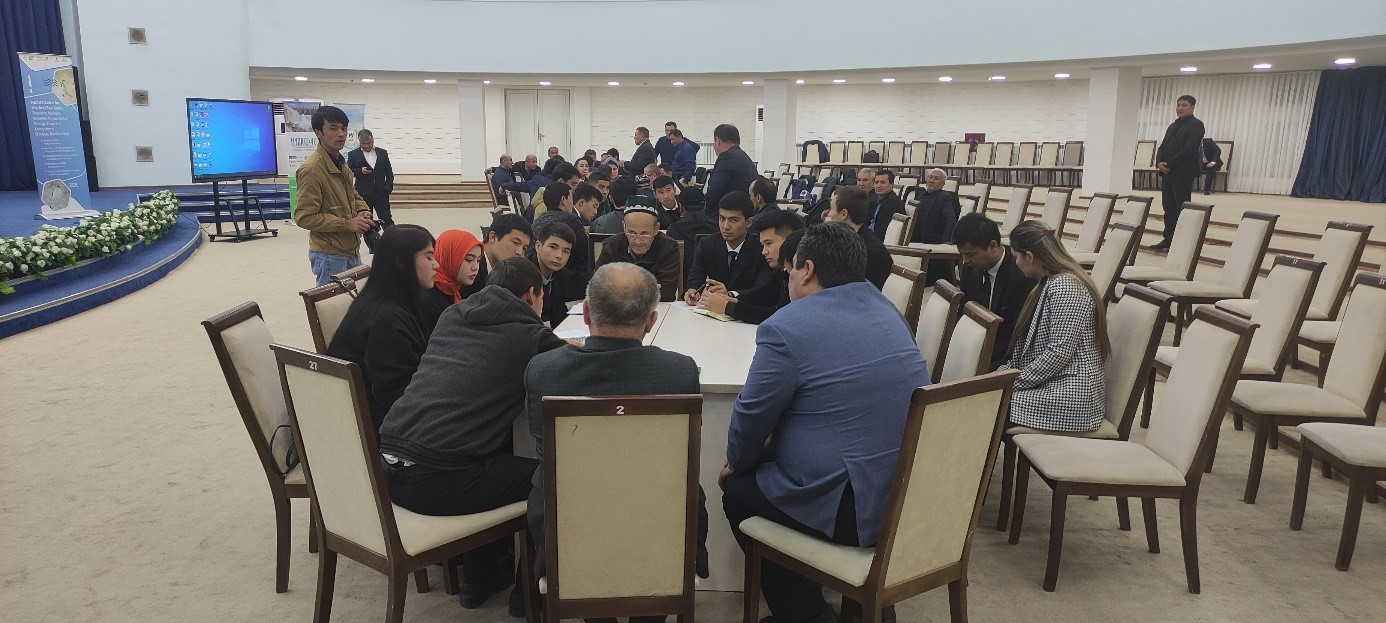What’s next on Open-source Educational Materials to Empower Future Water-Food-Energy-Climate (WFEC) Nexus Leaders of Central Asia
December 9, 2024
The International Water Management Institute (IWMI), in collaboration with the Hydro4U project’s regional consortium partners TIIAME and KSTU, is actively involved in developing and disseminating open-source educational materials based on the project’s lessons learned and outcomes. While the Hydro4U project has produced numerous tools and assessments, ensuring their long-term utility requires effective dissemination and integration into broader applications.
To achieve this, IWMI has been engaging with key stakeholders, including representatives from KSTU and TIIAME, to define the scope and focus of these educational materials. Simultaneously, IWMI is organising meetings with further relevant academic institutions and industries — such as organisations involved in water, food, and energy management — to identify skill gaps and explore how tailored teaching materials can address these needs.
For example: one notable event took place on October 28–29, 2024 in Andijan, Uzbekistan, in partnership with the Andijan Institute of Agriculture and Agrotechnologies. This gathering brought together over 70 participants from diverse sectors, including academia, executive bodies of the Interstate Commission for Water Coordination, provincial basin organizations, local water management entities in the Ferghana Valley, farmers, and the general public. The event focused on addressing Water-Energy-Food-Ecosystems (WEFE) Nexus challenges, exploring practical implementation strategies, and sharing regional experiences from Nexus-related interventions.
During this event, Jakhongir Mirzakabulov from TIIAME presented a draft WEFE Nexus-oriented curriculum structure, receiving valuable feedback from the participants. On the second day, a group discussion session facilitated brainstorming among mixed groups of participants, including industry and academic representatives. The discussions focussed on identifying capacity gaps between graduates’ skills and industry expectations and exploring strategies to bridge these gaps effectively.
In the coming months, IWMI will continue working with TIIAME, KSTU, and regional partners to finalise a set of educational materials. These resources aim to meet regional demands by empowering future WFEC Nexus leaders through targeted capacity-building initiatives, provided as open-source educational materials.
Author and picture credits: Bunyod Holmatov (IWMI)


